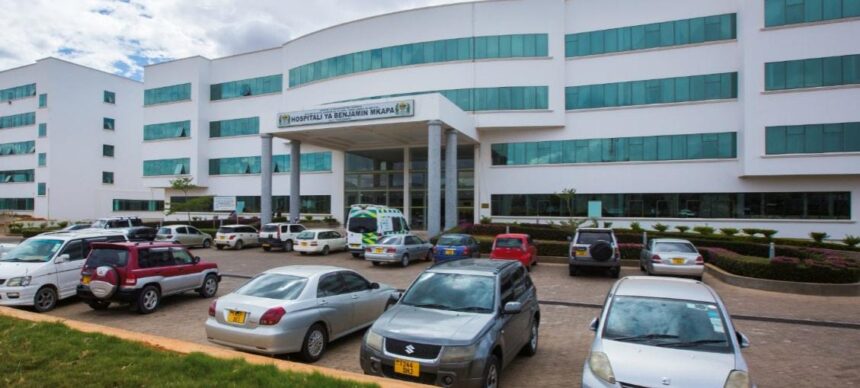In a groundbreaking achievement, Tanzania’s Benjamin Mkapa Hospital in Dodoma has etched its name in history by successfully treating three children with sickle cell disease through bone marrow transplants. The hospital initiated the bone marrow transplant service just last year, becoming the first in East and Central Africa to offer this critical procedure.
Sickle cell disease, also known as Selimundu in Swahili, is a prevalent genetic disorder in Tanzania, with the country ranking fourth globally and third in Africa for the highest number of affected individuals. Shockingly, an estimated 11,000 infants are born with the disease each year, leading to a staggering 50% fatality rate before reaching the age of five.
The Benjamin Mkapa Hospital’s bone marrow transplant program has emerged as a beacon of hope for Tanzanian families grappling with the challenges of sickle cell disease. The success stories of the three fully recovered children have brought optimism and relief to many.
Dr Alphonce Chandika, the Chief Executive Officer of Benjamin Mkapa Hospital, revealed that the hospital has so far treated seven children with sickle cell disease through bone marrow transplants, with an additional nine currently undergoing the transformative treatment.
The bone marrow transplant procedure comes at a significant cost, ranging between 55 to 65 million Tanzanian Shillings. However, research indicates that this investment is worthwhile, as it covers the comprehensive care needed for a sickle cell patient for a period of up to five years. The government, under the leadership of President Samia Suluhu Hassan, has allocated over 3.6 billion Tanzanian Shillings to support these life-saving interventions.
Dr. Chandika emphasized that the treated children no longer suffer from sickle cell disease, marking a remarkable success for the healthcare sector in Tanzania. He further highlighted the government’s commitment to investing in advanced medical services, showcasing a significant step towards improving healthcare outcomes and saving lives in the country.
Tanzania’s progress in the health sector has not gone unnoticed on the global stage. The country is now the sixth in sub-Saharan Africa to offer bone marrow transplant services, following in the footsteps of Morocco, Egypt, South Africa, Algeria, and Tunisia. This milestone cements Tanzania’s dedication to providing cutting-edge medical interventions, positioning it as a leader in healthcare innovation on the African continent.
In conclusion, Tanzania’s success in offering bone marrow transplants for sickle cell patients is a testament to the nation’s commitment to advancing healthcare and saving lives. The groundbreaking achievements at Benjamin Mkapa Hospital reflect a significant stride towards a healthier future for Tanzanians affected by genetic disorders, setting a precedent for other countries to follow suit in prioritizing innovative medical solutions.


